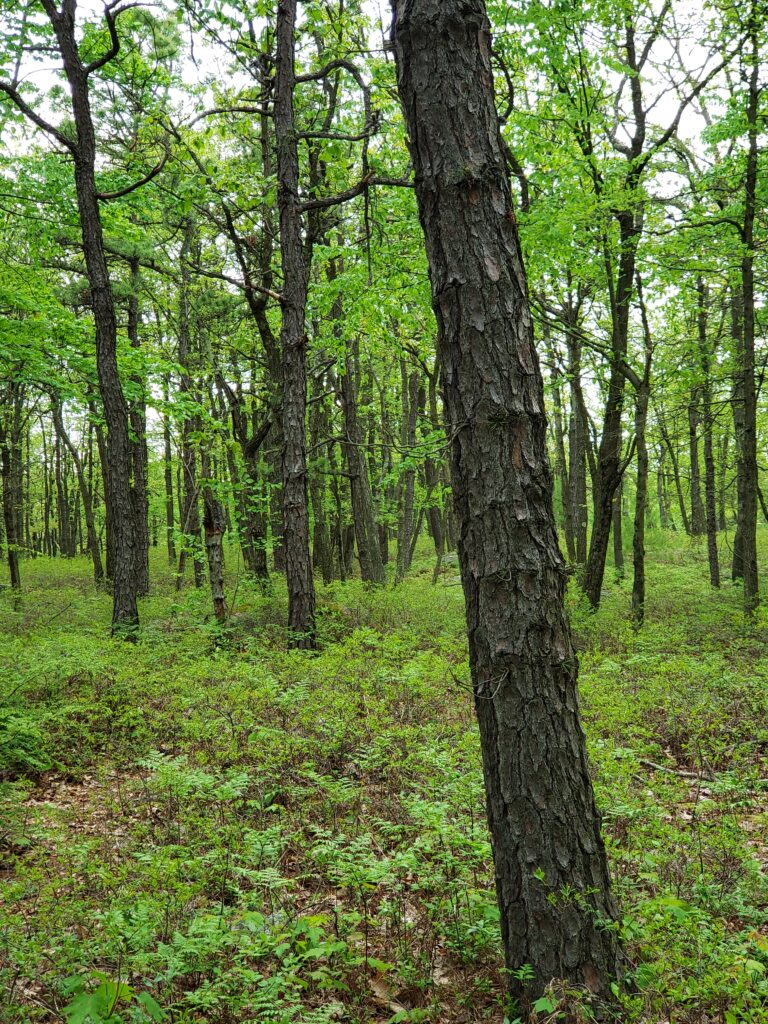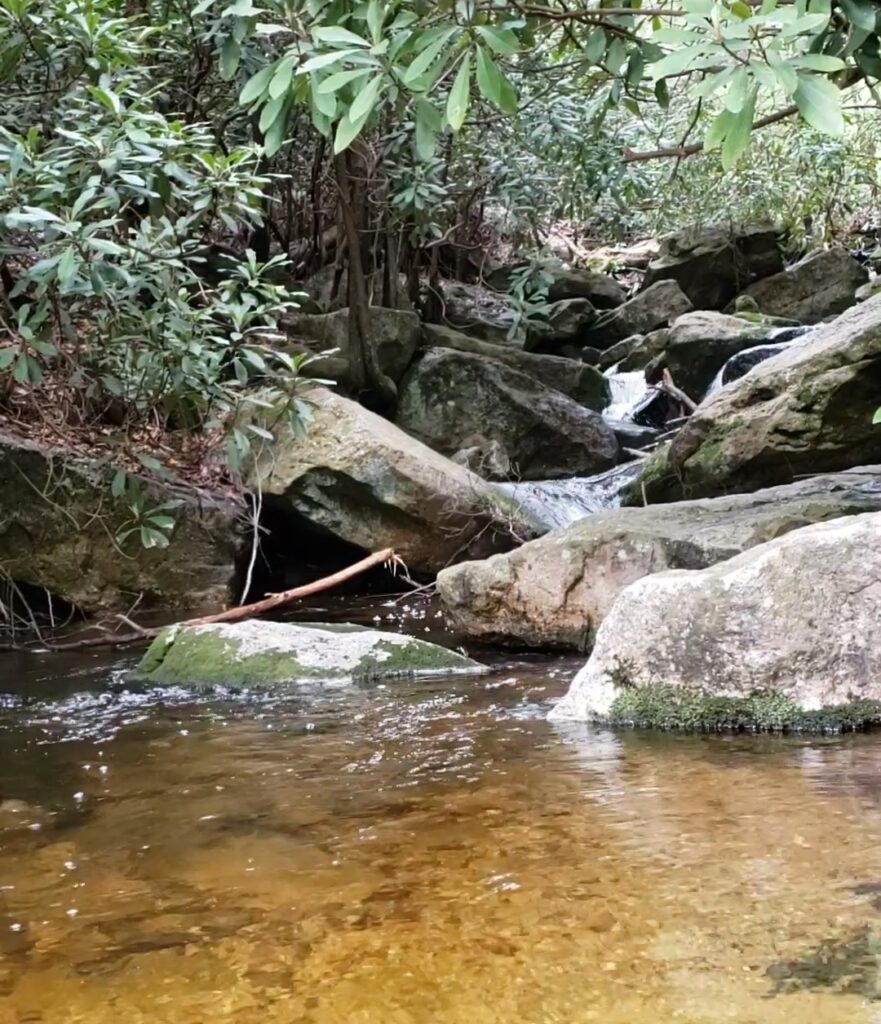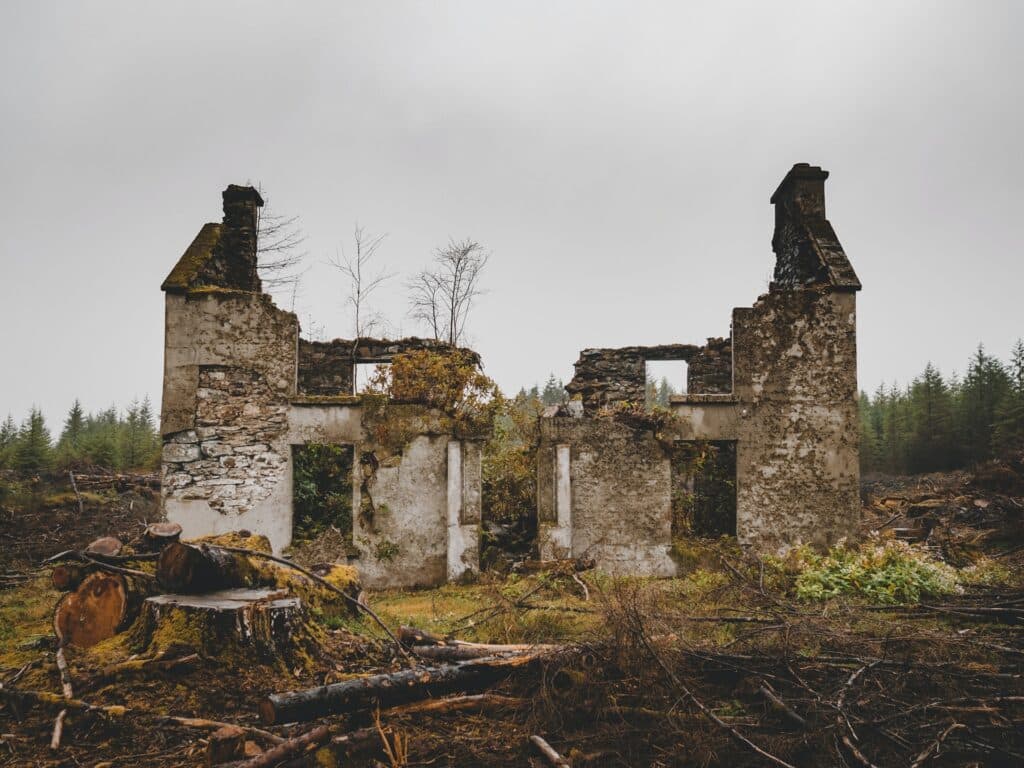The spring of 2020 could be that time in history remembered for both the way in which the world was brought together by sickness and fear and also blown apart by desperation and that prolonged, awkward proximity of quarantine. Like we were all estranged relatives for months at the holiday table, the bird a long-devoured mess of bone and gristle and there’s one last slice of sweet-potato pie stared at by all in a tense silence.
Sitting together for that long, stripped of our distractions and without access to our cherished illusions of immortality and unique significance, we came to understand that time and resources are finite things.
I was hiking in Pennsylvania with my wife, in a place called Lehigh Gorge outside of quaint town named after a storied athlete descended from our nation’s First People. His name was Jim Thorpe. He attended a boarding school in Pennsylvania and had subsequently done well enough in life to have several places named after him. We stopped at a gas station there.
Our destination was a place call Glen Onoko Falls. We had a roughly four-mile loop hike planned that would take us through an emerald forest of birch and oak and pine before opening into a rocky glen through which there tumbles a series of three waterfalls bringing the Glen Onoko Creek 900 feet down to meet the Lehigh River.

Legend says that Onoko was a great chief of the Lenni Lenape people whose valor and repute aroused the ire of god Manitou. Onoko was out for a paddle with Wenonah, the tribe’s predictably fairest maiden, when Manitou caused the earth to crack and split and the waters poured down through the crevasse dooming the lovers. In the light of a bright morning, some locals say that the spirit of the great warrior chief Onoko can sometimes be discerned in the misty sheets of falling water.
Onoko and Wenonah were not the last people to perish on these falls. As of May 1st, the section of trail along the lower falls has been closed, a choice made in view of the injuries and deaths that occur there nearly every year.
We made it to the upper-most fall and we sat there, watching the tranquil, clear waters of the creek gain momentum as it approached the edge.
The wilderness teaches and the lesson was not immediate, absorbed as we were in the beauty of the glen and its limpid pools.

Away from the majesty of that place, the realizations come all at once and in a rush, like Manitou’s rending of the earth, and my canoe goes over.
We are the water in that pool. Cool and comfortable, we cannot know that violence that is just ahead of us. Each of us a drop drifting unawares toward the terminal edge, we are oblivious and entirely convinced of our essential grandeur.
And as we drift on, the anatomy of our pool shifts. The soft, silty bottom becomes hard and slick. There are stones that show up bringing turbulence and speed. We feel our movement now, movement and friction, and speed. There is no longer the languid peace of ignorance. We are aware of our motion, rapid and suddenly beyond our control.
There were those who knew, of course, those who warned and were ignored by the rest of us in the pool who could not dream of pandemics and race riots. The rumble of the falls is what finally caught our attention.
Which, we know, is too late. We’re going over.
This is the story of people. Masses of humanity as fodder for the learning and edification of only a few who will be ignored by those who remain.
War and famine and economic disparities and the disastrous effects of climate change have and will destroy most of us. We won’t enjoy our time in the pool for long and the impulse is to lament the ruin that inevitably awaits.
What is also true is the beauty of the fall. Thousands of people make the hike to Glen Onoko every year. The allure of that water, the teasing effervescence that so wonderfully refreshes after a long, hot hike, the babble of the accelerating creek and the roar of the fall, all of it captivates, entrances, mesmerizes.
Enough that we don’t see the lesson. We don’t recognize the erosion, the carving of the gorge, the tragedy of momentum you cannot control.
But someone, somewhere sees more. While we are lost in the grandeur or desperation of the moment, someones sees the opportunity for hydrodynamic power perhaps, or an irrigation scheme that will bring food and energy to the land and people, some blessing in all the churning chaos. And a new lease is extended to those who cannot yet see and have not yet fallen.
There is only destruction ahead. There are only a precious few of us who embrace that and see in it an opportunity to benefit the masses who, paralyzed either by selfishness or innocence, will enjoy through the efforts of these few a temporary stay of execution.
Leave a comment below for posterity or join us in the D&T Chautaqua Discord to discuss this post with other adventurous spirits from around the world.

